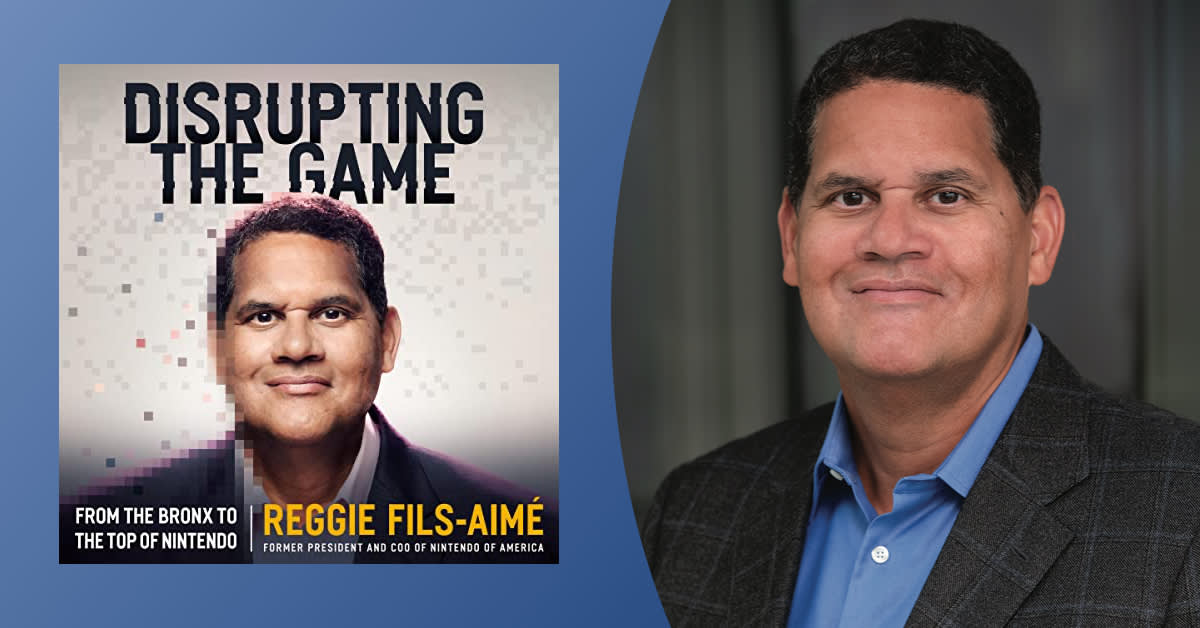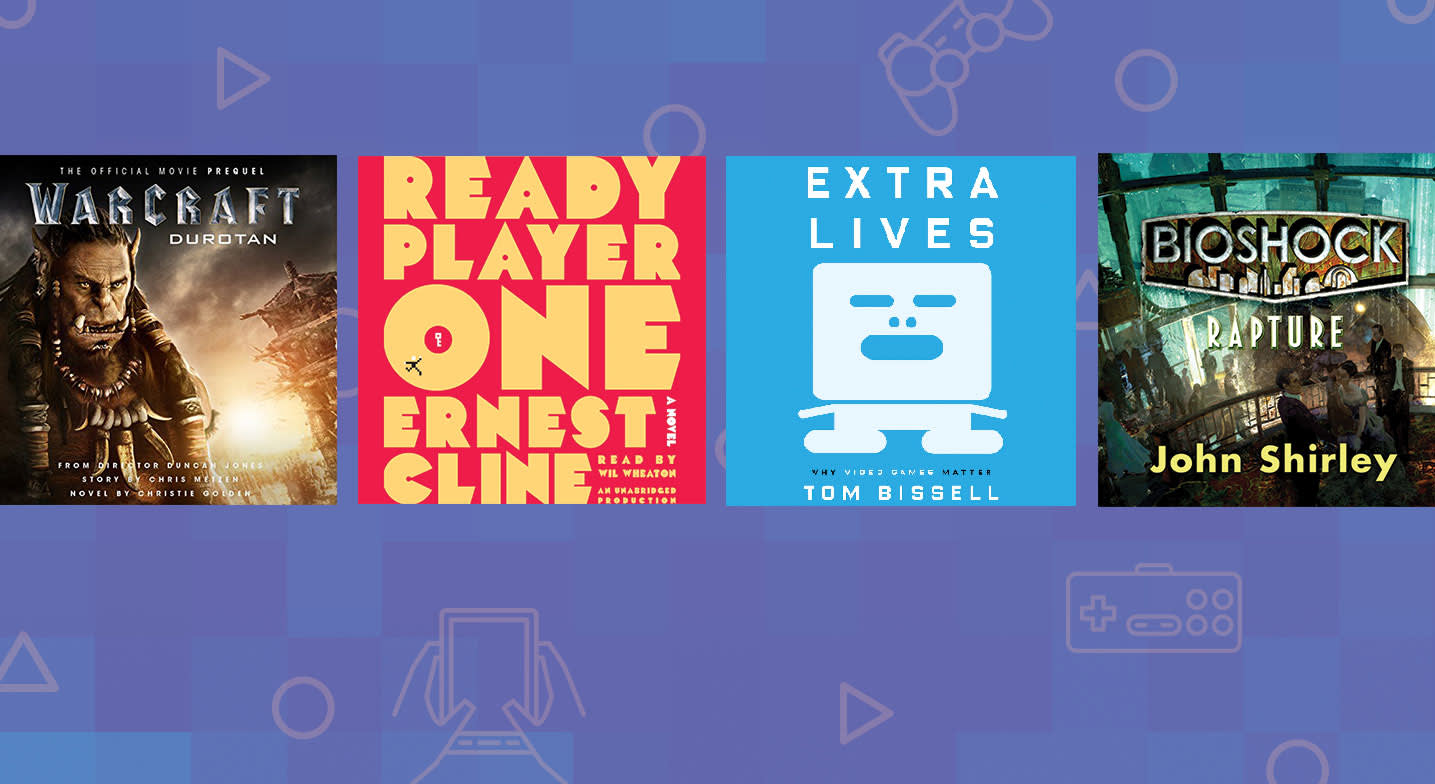Reggie Fils-Aimé, the retired president and chief operating officer of Nintendo America, recounts stories and insights gathered from his 40-year career in his new memoir, Disrupting the Game. Here, he talks about his family’s journey from Haiti to the Bronx, his approach to navigating challenging business situations, and his contributions to making digital gaming mainstream.
What inspired you to tell your story now?
My personal and professional journey is compelling and, I believe, relevant today. My upbringing was an unlikely springboard to the business successes I would later achieve. The choices I’ve made have not always been the most obvious at the time, but the paths those decisions put me on have always added to my personal growth and ultimately led to roles where I made a difference—not only on the business but also for the people I worked with. Along the way, I learned several lessons and cultivated principles that I believe are worth sharing with a wider audience, especially in today’s constantly changing business environment.
I am a first-generation Haitian American. My parents escaped the tyranny of the brutal dictator Francois “Papa Doc” Duvalier in the mid-1950s. They left Haiti and ultimately relocated to the Bronx, where I was born. The Bronx was then (and, in some parts, still is today) a rough area; in fact, it still encompasses the poorest congressional district in the United States.
Despite this, I was able to bootstrap myself forward, attend Cornell University on scholarship, and graduate with distinction. I progressed through my 40-year business career by taking risks, communicating alternative points of view, and motivating teams to take on and overcome significant challenges. I’ve developed key business principles that serve as an initial roadmap to potential solutions. I found that these principles help me create long-term solutions versus one-off reactions. I share my lessons and the resulting principles throughout the book.
What do you want listeners to take away from Disrupting the Game?
Beyond sharing my personal story and stories from my career, I want listeners to walk away with practical advice. I share this advice in the form of “the so what,” as in, what’s the so what of the story I just shared and what you can learn from it: lessons like how to manage a bad boss, the benefits and power in creating diverse teams, and practical advice for approaching difficult business situations, such as having to shut down a billion-dollar business—as I did with Bigfoot Pizza—because it was threatening Pizza Hut’s overall brand health. Most importantly, I share how to learn from your mistakes. When you are innovating and disrupting, sometimes you fail. It’s important to learn how to fail forward. The book discusses how to do this.
How do you maintain your composure as a leader in the face of resistance to innovation? (For example, while it's a beloved fan-favorite handheld console, not everyone was initially on board with the reveal of the Nintendo DS.)
Nintendo DS is a great story of disruptive innovation that needed numerous big and small pivots along the way to selling more than 150 million units of hardware and almost 950 million units of software. I share many stories about this product in my audiobook.
The initial reveal of the hardware and game demonstrations was challenging because the hardware was still only a prototype and the games shown were conceptual demos. But Nintendo revised the hardware to make it much sleeker before launching it just six months later. The company then developed genre-defining games in the Metroid, Mario Kart, Super Mario Bros., and Pokémon franchises. We broke new ground with a game called Brain Age. In the book, I highlight key steps I took to tailor this game for Western markets to make it successful outside of Japan.
A few key factors that I believe helped make Nintendo DS the second best-selling video game system of all time:
1. Being clear in our vision. We believed the industry was suffering from “copy-cat syndrome” that was causing the user population to stagnate. We needed to broaden the appeal of playing games. Recall, at that time, only about one out of every three people was playing digital games. We focused on creating an accessible platform and a broad range of games that just about everyone would enjoy. For perspective, today more than seven of every ten people play digital games.
2. Communicating to everyone our intentions. We communicated to our shareholders, our business partners, and our employees exactly what we intended to do. We used business book concepts as analogies. I gave speeches. We were deliberate in making sure our innovative actions were well understood.
3. Challenging ourselves to make the best decisions. We did things that were new for Nintendo. For example, we launched Nintendo DS in the Americas first—historically, everything launched first in the Japan market. In the Americas, we included a demo of a game (Metroid Prime Hunters) at launch to give our players something to enjoy immediately. We debated countless decisions, and this debate typically led to making the best choices for the overall marketplace.
I discuss a number of these examples in Disrupting the Game and distill down the key lessons for readers—or listeners of the audiobook—to apply to their own situation.





